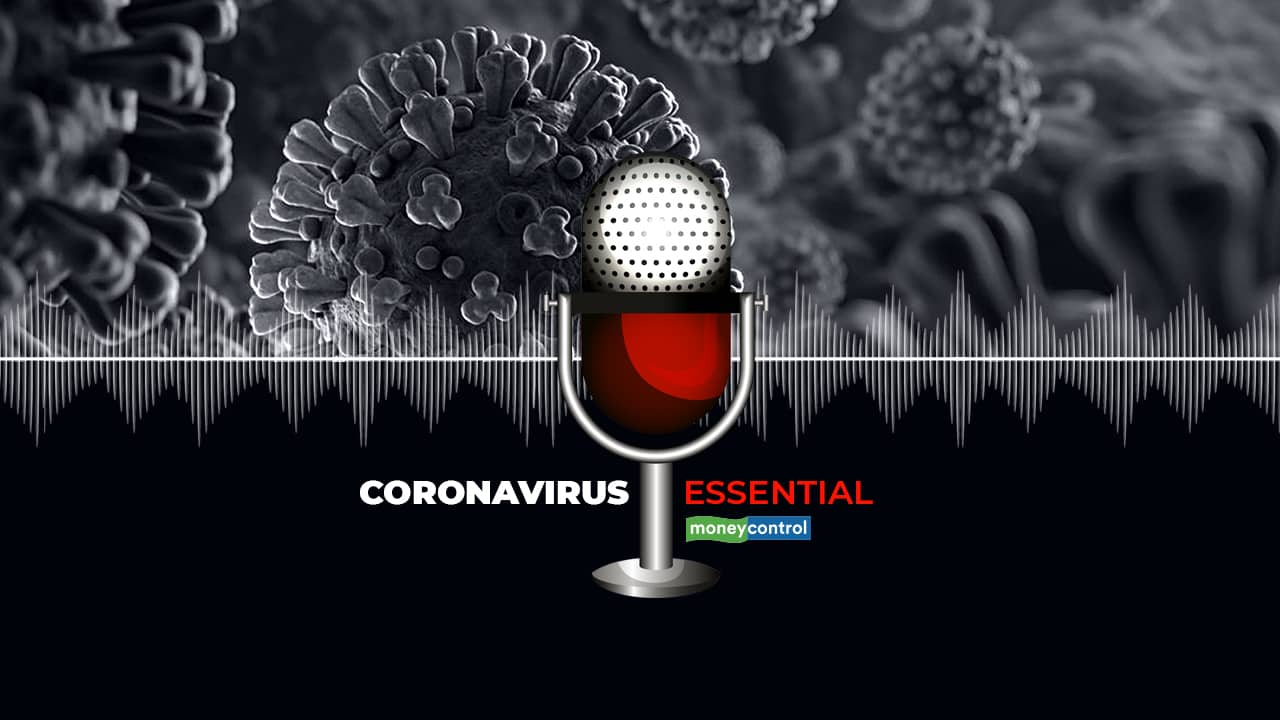On May 1, the Ministry of Home Affairs (MHA) said in a statement that the lockdown is extending for two more weeks till May 17.
The MHA has also issued new guidelines based on the risk profiling of the districts.
Meanwhile, the US pharma company Gilead has said it is open to collaborating with governments and Indian companies to make its COVID-19 drug available across the world.
Tune in to the Coronavirus Essential podcast for more.
Discover the latest Business News, Sensex, and Nifty updates. Obtain Personal Finance insights, tax queries, and expert opinions on Moneycontrol or download the Moneycontrol App to stay updated!










